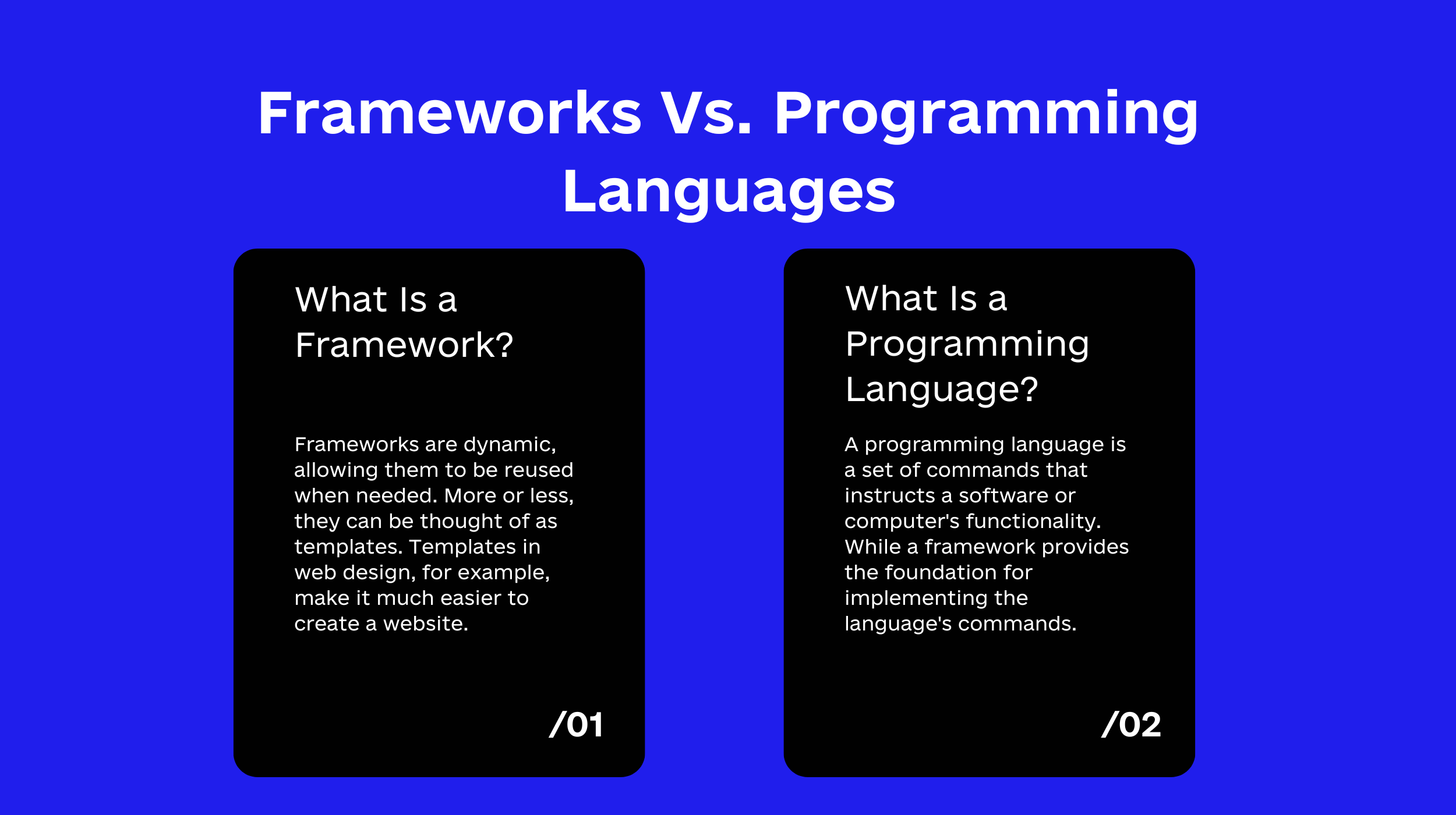Programming Languages, and how do they Differ from one Another

Programming languages are formal languages used to communicate instructions to computers. They allow programmers to write code that specifies the actions and computations the computer should perform. Programming languages vary in syntax, semantics, and intended use, leading to differences in their expressiveness, readability, and suitability for different types of tasks. Here's how programming languages differ from one another:
-
Syntax:
- Syntax refers to the rules governing the structure and format of code written in a programming language.
- Different programming languages have distinct syntaxes, including rules for keywords, punctuation, identifiers, and control structures (e.g., loops, conditionals).
- For example, the syntax of Python is relatively clean and easy to read, while the syntax of languages like C or C++ may be more complex due to their lower-level features.
-
Semantics:
- Semantics refers to the meaning conveyed by the code written in a programming language.
- Programming languages may have different semantics for the same constructs, leading to differences in behavior and functionality.
- For instance, the semantics of memory management in languages like C differ from those in languages like Java, which has automatic memory management through garbage collection.
-
Paradigms:
- Programming languages are often classified into different paradigms, each representing a distinct approach to structuring and solving problems.
- Common paradigms include imperative/procedural, functional, object-oriented, and declarative.
- Languages within each paradigm share common characteristics and emphasize particular programming styles and techniques.
- For example, C and Pascal are primarily imperative languages, whereas Haskell and Lisp are functional languages.
-
Abstraction Level:
- Programming languages vary in their level of abstraction, which determines how closely the language's constructs map to the underlying hardware.
- Low-level languages like assembly language provide direct control over hardware resources and are closely tied to the machine architecture.
- High-level languages like Python, Java, and Ruby offer higher levels of abstraction, enabling developers to write code that is more expressive and platform-independent.
-
Performance:
- Programming languages differ in their performance characteristics, including execution speed, memory usage, and scalability.
- Low-level languages like C and C++ typically offer high performance but require manual memory management and are more error-prone.
- Higher-level languages often prioritize productivity and ease of use over raw performance, although advances in compiler technology and runtime optimizations have narrowed this gap in recent years.
-
Domain-Specificity:
- Some programming languages are designed for specific domains or application areas, offering features and libraries tailored to particular tasks.
- For example, SQL is specialized for database queries, MATLAB for numerical computing, and R for statistical analysis.
Overall, programming languages serve as tools for expressing algorithms and solving problems, each with its own strengths, weaknesses, and suitability for different contexts and applications. Programmers often choose languages based on factors such as project requirements, personal preferences, community support, and ecosystem maturity.
Thank you,
